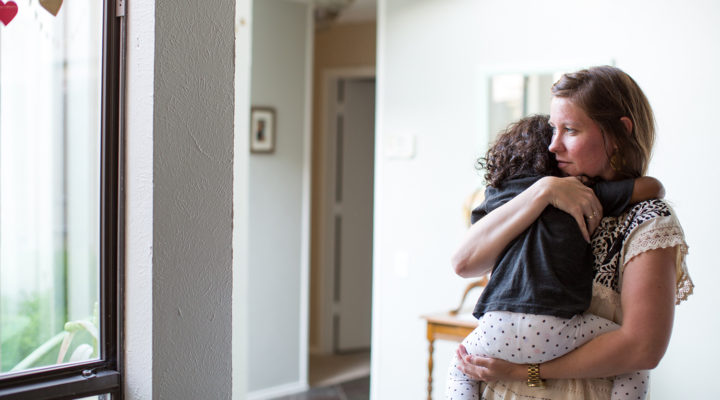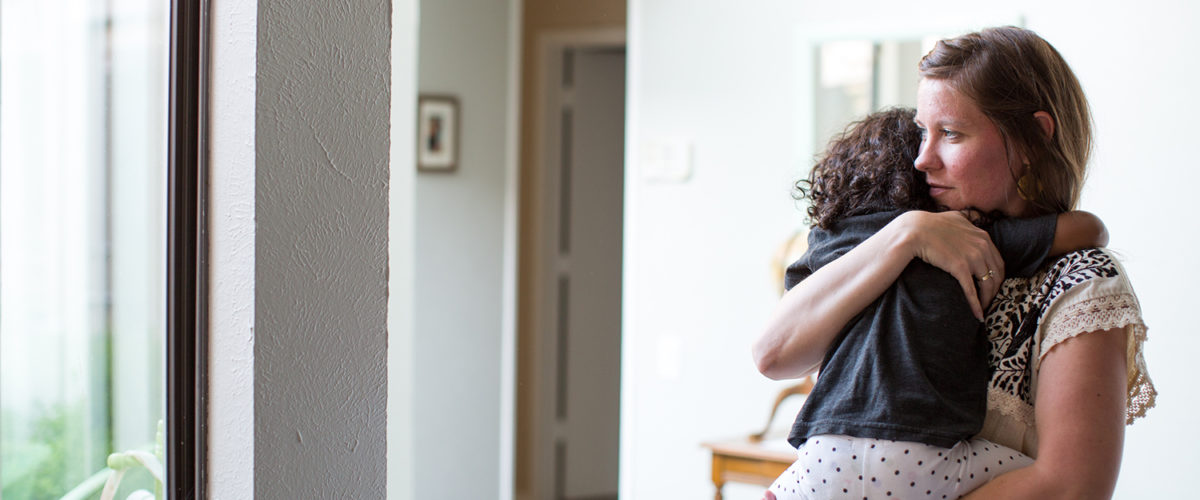From outward appearances, Christy Haston is a typical single 30-something.
An assistant principal at a North Dallas elementary school, Haston likes to spend time outdoors with friends and family. She likes to travel and enjoys running.
But a closer look reveals Haston’s life is anything but common.
She has answered a call to care for children who need temporary homes. It means opening her house to well-adjusted children and troubled ones, too.
That is not the attitude or behavior often associated with a single 30-something.
“I’m all about doing whatever I can do to not be typical,” she said.
It started when Haston became a licensed Buckner International foster parent in September 2014. Since then, she has fostered four young girls — completely solo.
Her first placement was a little girl who was about 2 years old at the time. That child was “precious, super easy,” she said.
The next foster assignment was a bit more challenging — twin 6-year-old girls.
One of the them, Mia (named changed here to protect her identity), was struggling with self-esteem and a tough friendship at school, so she and Haston sat down with her to discuss ways to handle the situation. After achieving reconciliation with the friend, Mia came home beaming the next day, proclaiming “Miss Christy, when I do this [smile], it means I’m proud of myself.”
Such moments remind Haston that foster care is a ministry.
“Mia smiled differently from when she first came to me and when she left,” she said. “I hope they walk away knowing a sense of being loved.”
Being a single foster parent isn’t without its challenges, so Haston said she leans on her Dallas community, family, church small group and Buckner for physical and emotional support.
Six friends have become licensed respite caregivers to help give her a break, and the previous owners of her quaint North Texas home even left some essentials — a swing set, washer and dryer, furniture and a grill — behind. They knew she was becoming a foster parent, and they wanted to help.
Buckner has also been there to pick up the phone exactly when Haston needs support, guidance or a sympathetic ear.
“With the twins, there was a moment where I thought, ‘I need somebody to call me because I just feel like I’m defeated, not doing a good job and at an impasse,’” she said. “My home developer called me immediately and was so encouraging and helpful.”
She also trades off respite support with another foster family.
Haston’s third placement, 3-year-old Zoe (whose name has also been changed to protect her identity), is gregarious and fun. The girl has since left her house to live with a relative, leaving Haston disappointed but hopeful.
Transition is one of the toughest parts of foster care. When a child leaves her home and she shifts back into the single life, Haston remains confident by focusing on the good that the work does for her and the children she has fostered.
“I don’t know if this is forever for me. I don’t know what my forever is,” Haston said. “I don’t know what the rest of my story is. But I know right now, this is what I’m supposed to be doing.”
— This story originally appeared at Buckner.org.


